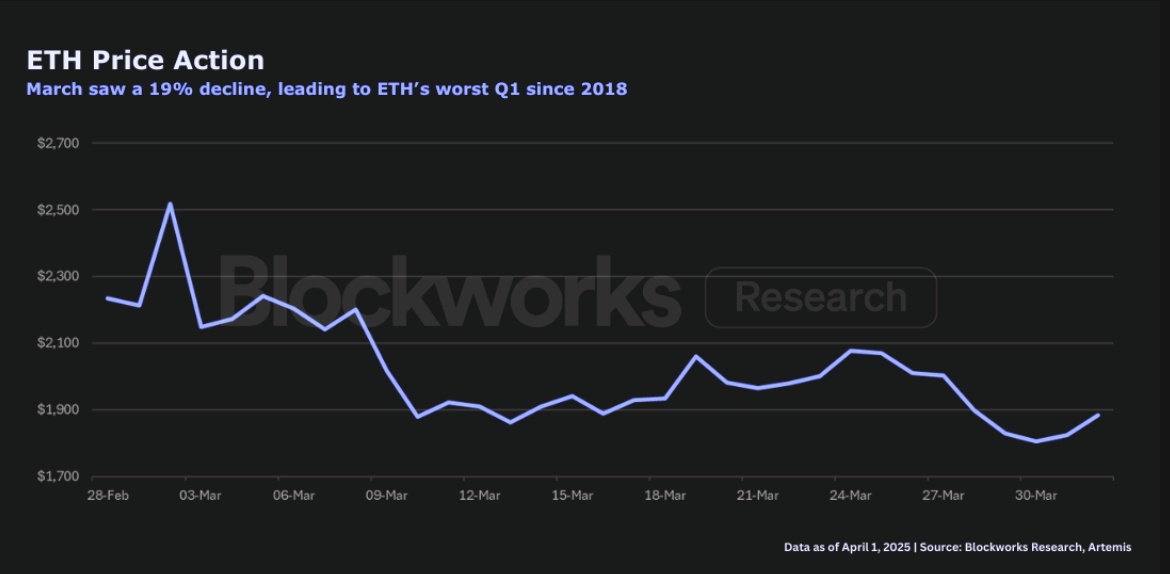South Korea Unveils Plan for Comprehensive CBDC Pilot in 2024
- South Korea has announced an upcoming CBDC pilot.
- The program will involve select users from the country’s population.
- The central bank heralded CBDC’s potential in solving real-life challenges.
In a progressive move, South Korea has announced plans to kickstart a massive pilot program for its Central Bank Digital Currency ( CBDC ).
On October 4, the Bank of Korea (BOK), in partnership with the Financial Services Commission (FSC) and the Financial Supervisory Service (FSS), unveiled South Korea’s intention to test the viability of CBDCs in retail and wholesale settlement.
The country’s endeavor to conduct real-world experiments on CBDC has now culminated in a comprehensive plan set to roll out next year.
CBDC Pilot to Kick Off in 2024 Q3
According to a local media outlet report , South Korea’s government has set the ball rolling for a comprehensive CBDC pilot program that will enlist 100,000 citizens to engage in testing by making purchases with tokens issued by commercial banks.
The selected banks will be required to enroll eligible participants between September and October 2024, after which the test will run for three months, focusing on gauging the “feasibility and effectiveness of issuing and distributing these new forms of financial products.”
Per the report, the pilot program will be constrained to the CBDC’s use case in payments only, as other uses, such as personal remittance, will be tested later. Further, users won’t have the option to store or exchange the tokens since the experiment will run in a mechanic similar to redeeming a voucher at the store.
The BOK noted that further CBDC experiments might be implemented, especially if commercial banks proposed new individual programs. Notably, the central bank highlighted the potential of CBDCs.
South Korea Sees a Solution in CBDCs
According to the BOK, CBDCs have the potential to address various challenges with existing voucher systems, such as special grants during disasters and childcare grants issued by the government.
These challenges include concerns over fraudulent claims, slow settlement processes, high transaction fees, and the limitations of post-transaction verification.
Read why South Korea wants politicians to disclose their crypto holdings:
South Korea Demands Politicians To Disclose Crypto Portfolio
Stay updated on South Korea’s pension fund’s massive investment in Coinbase:
South Korea’s Pension Fund Invests $20M in Coinbase Shares
Disclaimer: The content of this article solely reflects the author's opinion and does not represent the platform in any capacity. This article is not intended to serve as a reference for making investment decisions.
You may also like
ETH just had lowest quarterly return since Q2 2022: Blockworks Research
The network is at a “pivotal juncture,” Blockworks Research’s Marc-Thomas Arjoon said

Riot Platforms Hits Post-Halving Bitcoin Production High as It Expands AI Capacity
Solana Price Pattern Points to a 65% Surge as Key Metric Beats Ethereum by Far
GameStop just announced a $1.5 billion Bitcoin deal
